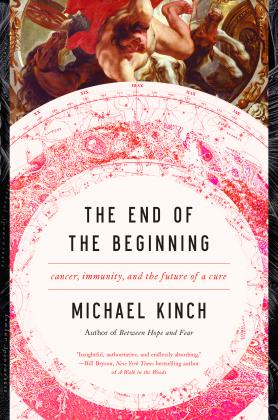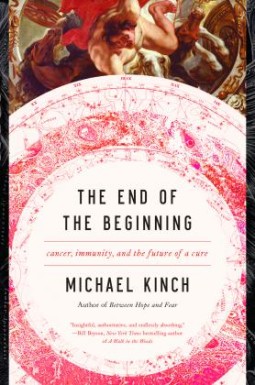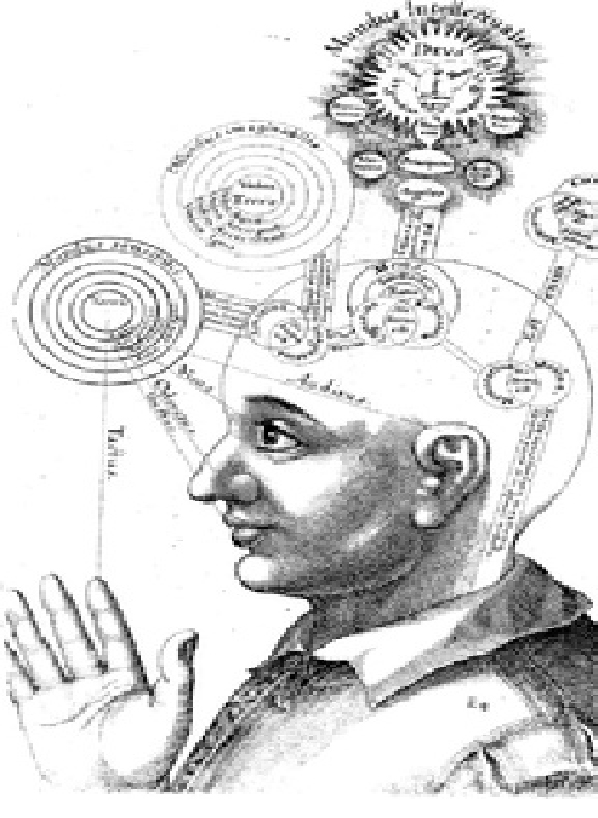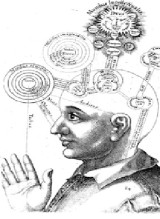 This week on How On Earth, we produced the entire show out of the studio, explaining one brief glitch. Beth gives a short update on the way the corona virus infects cells and how this entry point can affect people taking blood pressure medications. In our feature interview, Beth talks with Professor Mark Opp, who studies sleep in his lab at the University of Colorado here in Boulder (interview starts at about 10 minutes). He’s especially interested in the interaction between sleep and our immune systems. Not that long ago, people didn’t think there was any relationship between the two, but our understanding of both systems has evolved.
This week on How On Earth, we produced the entire show out of the studio, explaining one brief glitch. Beth gives a short update on the way the corona virus infects cells and how this entry point can affect people taking blood pressure medications. In our feature interview, Beth talks with Professor Mark Opp, who studies sleep in his lab at the University of Colorado here in Boulder (interview starts at about 10 minutes). He’s especially interested in the interaction between sleep and our immune systems. Not that long ago, people didn’t think there was any relationship between the two, but our understanding of both systems has evolved.
Host: Beth Bennett
Producer: Beth Bennett
Engineer: Maeve Conran
Additional contributions: Angele Sjong
Executive Producer: Beth Bennett
Listen to the show:
Podcast: Play in new window | Download (Duration: 26:09 — 23.9MB)
Subscribe: RSS





 Despite all the advances in modern medical science, a diagnosis of Cancer often casts a pallor of hopelessness, for both the patient and the practitioner. For many types the prognosis is often poor; the cure is often worse than the disease; victory is usually called simply remission, temporary, perhaps fleeting. One might think the inability to find a cure indicates bafflement by our scientists and stagnation in our efforts. According to Professor Michael Kinch, there is in fact a frenzy of activity by scientists and doctors. And a recent spate of breakthroughs, developing treatments based on the inherent powers of our immune systems, represent not a refutation of all we have known before, but a continuation of efforts made by medical pioneers stretching back over a century. His latest book is titled The End of The Beginning: Cancer, Immunity and the Future of a Cure. Kinch was a professor at Purdue University, where he researched breast and prostate cancer. He then went on to found an oncology program at the biotechnology company MedImmune. He is now professor and vice-chancellor at Washington University in St. Louis. Here he shares with Chip Grandits stories from the front lines in the battle with cancer, both past and present. He speaks with what can best be described as a disciplined optimism.
Despite all the advances in modern medical science, a diagnosis of Cancer often casts a pallor of hopelessness, for both the patient and the practitioner. For many types the prognosis is often poor; the cure is often worse than the disease; victory is usually called simply remission, temporary, perhaps fleeting. One might think the inability to find a cure indicates bafflement by our scientists and stagnation in our efforts. According to Professor Michael Kinch, there is in fact a frenzy of activity by scientists and doctors. And a recent spate of breakthroughs, developing treatments based on the inherent powers of our immune systems, represent not a refutation of all we have known before, but a continuation of efforts made by medical pioneers stretching back over a century. His latest book is titled The End of The Beginning: Cancer, Immunity and the Future of a Cure. Kinch was a professor at Purdue University, where he researched breast and prostate cancer. He then went on to found an oncology program at the biotechnology company MedImmune. He is now professor and vice-chancellor at Washington University in St. Louis. Here he shares with Chip Grandits stories from the front lines in the battle with cancer, both past and present. He speaks with what can best be described as a disciplined optimism.
